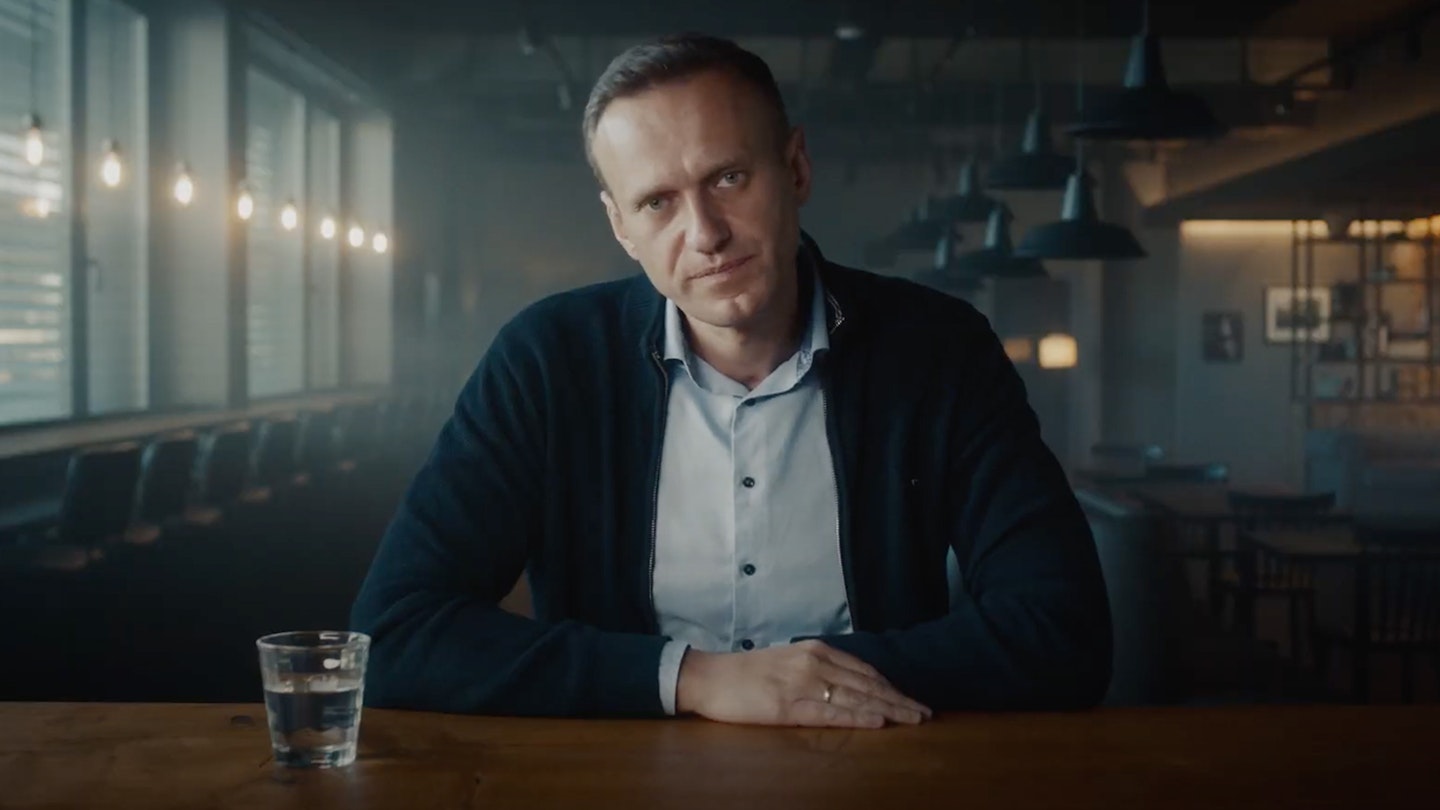This fairly extraordinary non-fiction film was completed months before the invasion of Ukraine began, but with Russia now making daily front-page news, it couldn’t feel timelier. Here is a first-hand account of what it means to go up against President Putin, to stake your very livelihood or even life against the state — delivered not as a dry, stuffy BBC procedural but as a tense political thriller in the most cinematic tradition, as if directed by Alan J. Pakula or Paul Greengrass.
The assassination attempt is the event around which the movie hangs, with the first half establishing how and why Navalny has become such a thorn in the Kremlin’s side. Filmmaker Daniel Roher enjoys seemingly unfettered access to the folk hero and his team, painting a vivid ground-level picture of life under an oppressive regime that looks to stamp out all dissent, and the tactics required to resist it. Navalny is an impressive, charismatic figure, who takes threats against his life and family in his stride, with pragmatism and good humour. (The filmmakers are also seemingly unafraid of showing his PR-conscious side, or his darker past sharing the stage with the far-right.)
Such footage is a gift to any filmmaker; it’s the kind of thing that might be written off as unrealistic if it were written in a script.
The second half of the film deals with the poisoning: making reality an event most of us would only be familiar with from a headline. On-screen titles like “Two Days Before Poisoning” ramp up the tension, as Navalny suddenly falls ill and undergoes a chaotic hospital treatment, with Russian doctors issuing post-truths to the press. Notable is his incredulous reaction upon eventually waking up from his coma: “What the fuck?” he cries. “Poisoned? If you want to kill someone, you should just shoot them!”
His team then joins forces with Christo Grozev, a relentless investigative journalist who follows the data trail to identify Russian FSB agents who, in all likelihood, carried out the assassination attempt. This leads to the film’s most extraordinary sequence, where Navalny successfully prank-calls one of the scientists suspected of poisoning him, by pretending to be his superior. As his team listens in, gobsmacked, the canary sings, offering a blow-by-blow account of how the operation failed. It’s a stunning smoking gun.
Such footage is a gift to any filmmaker; it’s the kind of thing that might be written off as unrealistic if it were written in a script. Sometimes that gesturing towards genre filmmaking comes off as a little blunt — the score is pure Hollywood, for example, and on-screen graphics bear as much subtlety as a recent Bond film — but the level of access to their man, right up to the moment where Navalny is apprehended at passport control for his return to Russia, is exceptional. At a time when the entire world is reckoning with Russia in one sense or another, this is a searing account of the politician who came closest to ruffling Putin’s feathers and nearly died for it. Documentary filmmaking is rarely this urgent or apt.
